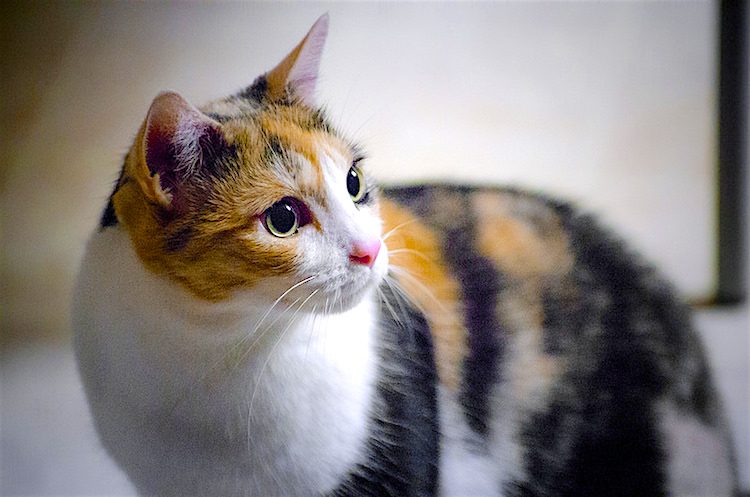The first thing a cat owner should know about home décor is to keep it simple. calico cat for sale are completely convinced that they are in charge, that the house and its possessions belong to them, and that they have every right to break rip or shred anything they like. Even a well trained cat (a possible oxymoron) will occasionally get overzealous, and with an inadvertent sweep of their tail will knock your favorite decoration from its place to a pile on the floor.
This disregard for your possessions, overt or otherwise, requires that you use some strategy when deciding on the placement of various decorative pieces. This is going to amount basically to common sense. Any surface that a cat can reach, they will walk on. Therefore low shelves or dressers should not contain any objects that are fragile. Items should be moved towards the middle of a surface, or back against the wall, to prevent them being knocked onto the floor. Items that have a broad or sturdy base should replace other more top heavy objects. Decorative accents that can shatter, such as ceramics or stone statues, may have to be replaced by steal or wood.
One way to display fragile items is to move them up. High shelves that are isolated from cat “stepping stones” will be out of dangers way. The same may be true of tall dressers, although unfortunately some cats will take a tall isolated dresser as a personal challenge, which they simply have to climb. Your décor will have to be matched to the personality of your cat.
Mirrors can also provide a problem, as some cats tend to attack their own reflection. If your cat has a problem with this, buying velvet or satin cloth and draping it over the mirror can be a decorative way to solve this.
Plants can be one of the biggest décor problems a cat owner will face. Your pet can chew on leaves, dig in the soil, or urinate in them. Luckily, there are ways both to decorate around these problems as well as to train your cat out of them. For biting and chewing of leaves, a natural spray repellent applied to the plant will cause most cats to avoid it. To stop a cat from rooting in or excreting in your plant you have to realize that the dirt in the pot is reminiscent of the cats litter box. In order to change this, use stones or gravel to fill over the top of the dirt. This will remove the cat’s fascination with the soil, and can be a lovely decorative accent to your plant
Cat grass is a special kind of plant you can grow in your home that is specifically formulated to be safe for felines, and to provide them with certain vitamins they may be lacking. Purchasing this can give your cat an acceptable alternative to messing with your plants. When you see your cat eating the cat grass, reward them lavishly. When you see them going near other plants, pick them up and place them in front of the cat grass. If they eat the offered vegetation, then reward them. In this way you can use positive reinforcement to turn one behavior into another
Cats will scratch anything which is made of cloth, including couches, drapes, and pillows. Because of this, you may want to start by spraying natural cat repellent on your more attractive pieces. A plastic couch cover may have to be used for a short time while the cat learns to behave itself. Buying your pet a scratching post and praising it for scratching that instead of your couch is a good way to positively reinforce the negative behavior out of the cat. You will have to carefully monitor their progress, and only remove protective coverings from your furniture when you are sure they are safe.
While cats are a hazard to most décor, planning ahead can minimize these problems. Cats are so difficult to train that it is often easier to simply decorate around them. Using common sense, and paying attention, should allow you to develop a setting that compliments your pet owning experience.

